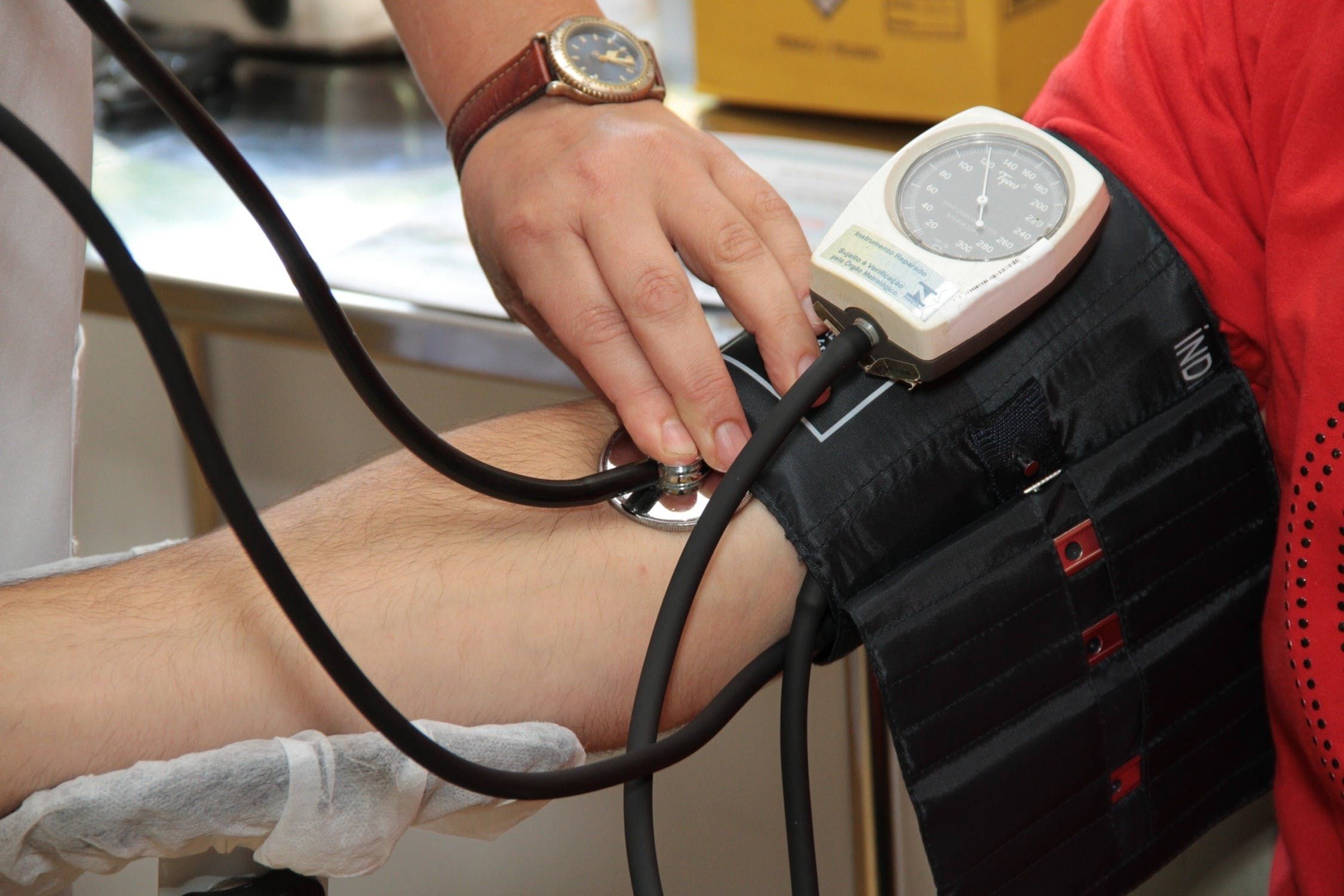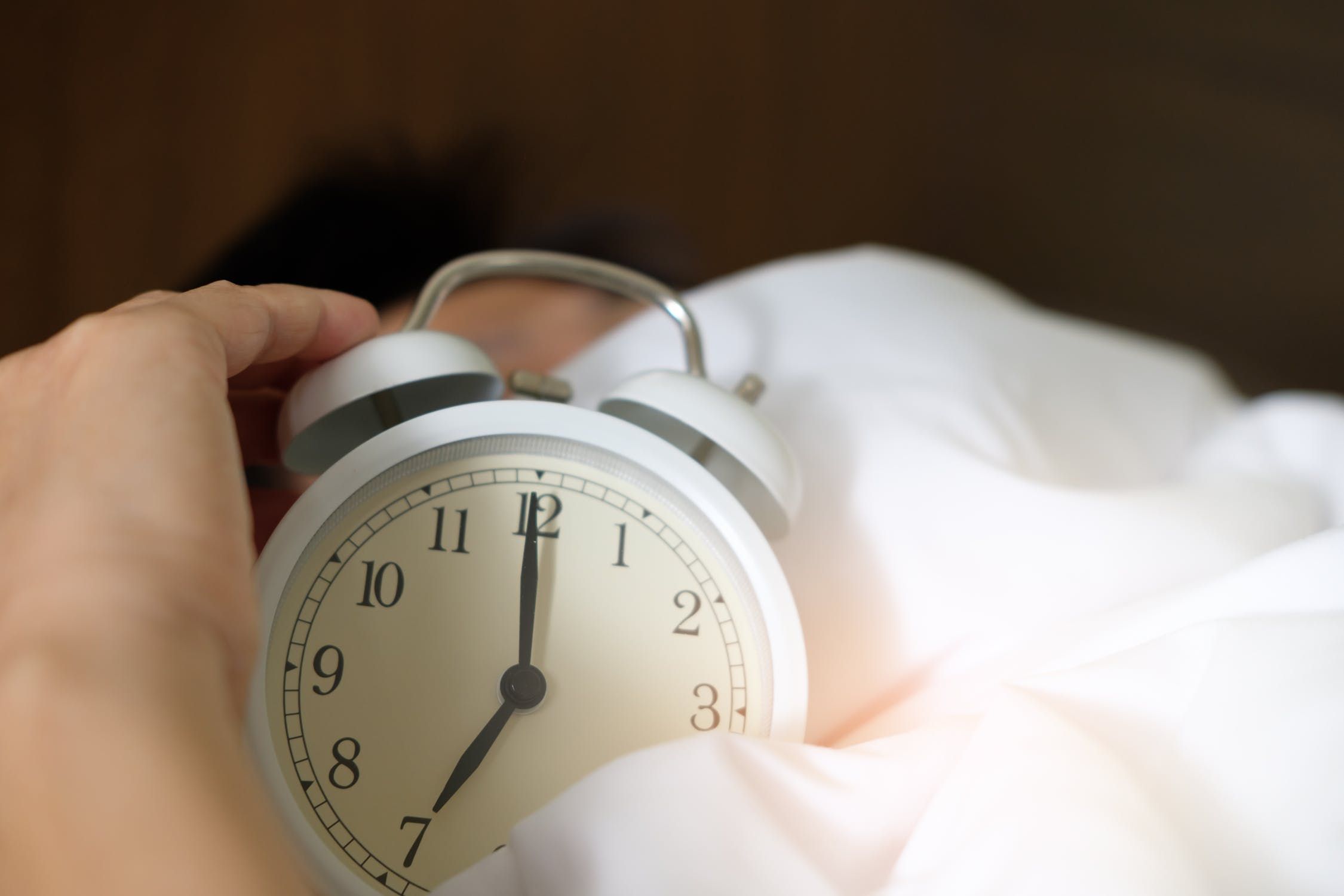The average person needs to eat every three to four hours to avoid sending the body into starvation mode, prevent drop in energy levels, cravings, and mood swings. This is why so many experts advice against skipping meals.
When you eat healthy meals and snacks at the right times, they will prevent hunger pangs and give the body the extra calories it need to stay full throughout the day.
But there's a certain time of day during which you should avoid eating if you value your well-being.
According to a new study recently presented at the American Heart Association's Scientific Sessions annual meeting, if you want to stay healthy, you should avoid eating at night.
Lead author Nour Makarem, a postdoctoral fellow in cardiology at Columbia University Vagelos College of Physicians and Surgeons, claimed that late-night eating is associated with an increased risk of heart disease.
Makarem's research found that many Americans have a "delayed lifestyle," meaning they go to bed later and get fewer hours of sleep, which could be a reason why they eat their last meal so late in the day.
The study looked at more than 12,700 Hispanic adults living in the U.S. and aged between 18 and 76, and although the sample is limited to one specific population, Makarem explained that "we do expect to see similar associations in other populations in the U.S."
They observed the eating habits of these individuals over the course of two days, then compared the information with measurements like blood sugar and blood pressure.
In addition to cardiac issues, high blood pressure, obesity, and diabetes have been on the rise in the U.S., and the researchers have found that there's an association with the shift in meal-timing.
Makarem and her team found that more than 50 percent of the study's participants ate 30 percent or more of their daily calories after 6 p.m.
These people exhibited higher levels of fasting blood sugar (a sign of prediabetes), higher levels of insulin, higher blood pressure, and higher levels of HOMA-IR, a marker that indicates resistance to insulin, in comparison to those who eat less after 6 p.m.
The study's results also give us a better understanding of how our body clocks work with external factors.
There's a part of the brain called the suprachiasmatic nucleas which tells the body when it's time to sleep, wake up, and eat. When we change our eating schedules, our body's clocks are affected and this can lead to issues in the metabolism.
"These clocks are regulated by bright-light exposure, but also by behaviors, particularly food signals," Makarem explained.
Previous research by a duo of Canadian psychologusts also showed that eating at night affected sleep patterns, and induced weird dreams in 18% of the participants. Experts have also discovered that eating before hitting the hay can contribute to acid reflux.
Another study on the effects of late-night eating found that the habit can have an impact on your memory. The researchers at the University of California fed two groups, one during the day and the other at night, and the ones that ate late showed decreased ability to maintain long-term memories.
While these findings don't necessarily mean that eating late will always negatively impact your health or make you gain weight, this is food for thought if you're someone who is concerned about how your diet habits can affect your overall health.





